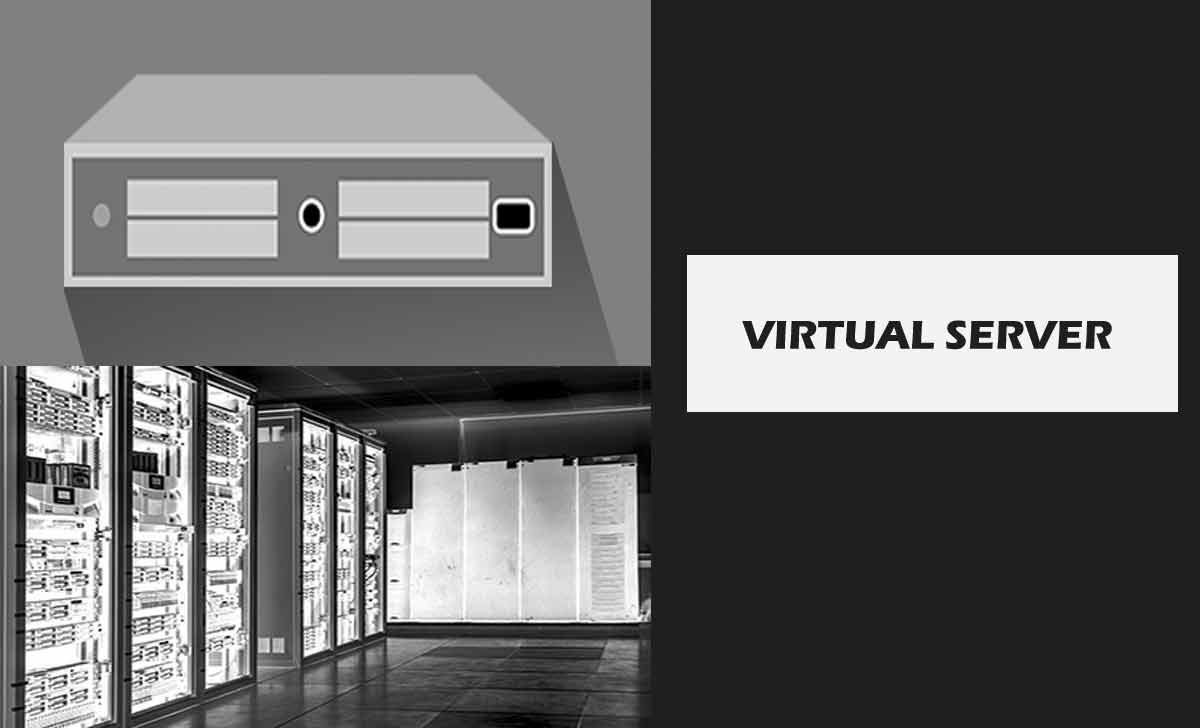The Virtual Server is a server that has its hardware and software resources shared with other Operating Systems, and it provided faster resource control and cost-effectiveness along with giving popular support for web hosting environments.
The concept of getting a server is designed rather than getting multiple dedicated physical servers, as VS does on one server, and each of these servers has its own independent reboot function along with Operating systems and software installed.
To executive multiple programs in their dedicated systems, without affecting the main physical system and the server is being designed with this new required technology updation.

What is a Virtual Server?
In VS the website administrators or internet service providers, IP addresses, Email Administration, logs, file directories, and analytics, and in addition, the security system for the same along with password does get maintained as with a dedicated server environment.
VS often preferred to reduce the web hosting costs along with multiple server software installations, and V servers on physical servers must be maintained with proper resource utilization, as they might get the resource-hogging, and also, many loads on a single server will affect the performance.
Types of Virtual Servers
There are three types of servers that are created based on their specifications, and the Full virtualizations, Para virtualizations, and OS Level Virtualization are three types of server categories.
Full Virtualization Virtual Server: These kinds of servers use the software called hypervisor, and this software directly connects with physical servers and disk space, and it serves as a platform for the VS as an operating system.
Para Virtualization Virtual Server: This VS uses a different approach, as the guest servers are aware of one another, and the operating systems that are used for VS by hypervisor are aware of the operating system and it’s placing physical server.
OS Level Virtualization Virtual Server: This server does not have any hypervisor software instead this is a part of OS, and the same OS performs all functions of hypervisor software and the biggest drawback is that the VS on OS does use the same OS which sometimes brings hogging.
Why Does a Virtual Server User for?
Virtual Servers are cost-effective, as multiple servers can be implemented on a single physical server, and there are multiple servers that use the same hardware and software resources, and to ensure that one program uses only the dedicated software of a physical server, multiple VS based on their usage is being designed.
How is a Virtual Server different from a Physical Server?
A Physical server is a single server with dedicated resources and a hypervisor that can perform multiple servers, and a Virtual Server’s multiple application can run on a physical server, whereas one software uses a single dedicated resource from a physical server which is designed for VS.
Is Virtual Server and Physical Machine?
No, a VS is a virtual machine based on the emulation of it on the physical server, and the VS operates in multiple tenant environments, such that one physical hardware can be used for creating multiple Virtual Servers.